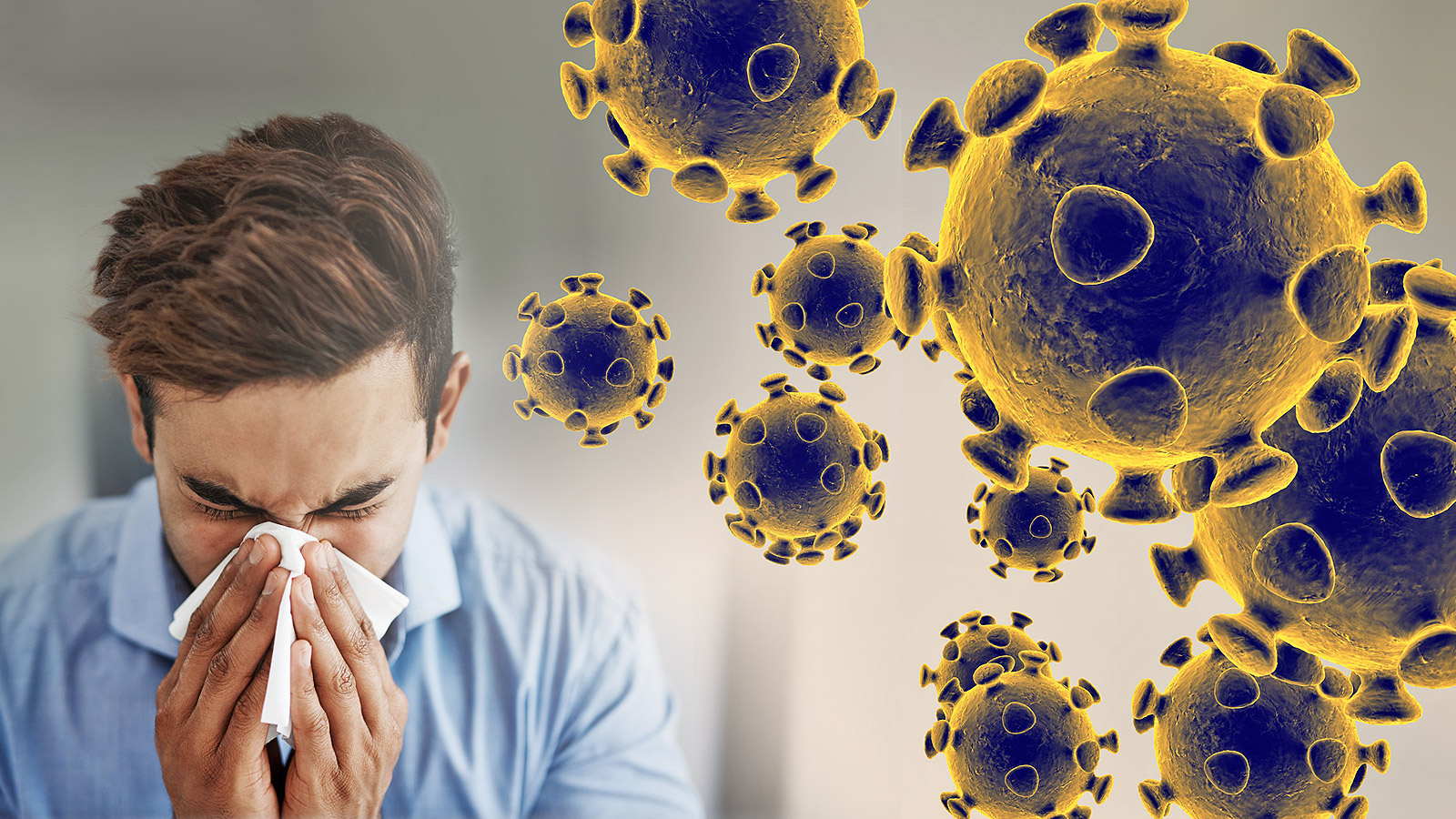Know All About Coronavirus
Apr 19, 2022
(CoV) or Coronaviruses are a big family of viruses which lead to ailments that range from common cold to severe disorders like (SARS-CoV) Severe Acute Respiratory Syndrome and (MERS-CoV) Middle East Respiratory Syndrome. (nCoV) or A novel coronavirus is a new strain which has not been identified earlier in humans, Coronavirus Disease (COVID – 19)
Coronavirus is zoonotic which means that they get transmitted between people and animals. As a result of detailed investigations, it was found that the SARS-CoV gets transmitted from civet cats to the humans & MERS-CoV gets transmitted from dromedary camels to humans. Many known coronaviruses are in circulation within animals that have yet not infected humans.
Common signs of the infection comprise of respiratory symptoms, cough, fever, breathing difficulties and shortness of breath. In severe cases, infection can lead to severe acute respiratory syndrome, pneumonia, kidney failure and also death.
The standard recommendations for prevention of infection are regular hand washing, covering nose and mouth while sneezing and coughing, thoroughly cooking eggs and meat. We shall avoid close contact with patients showing the symptoms of respiratory ailment like sneezing or coughing. Do clean & disinfect the frequently touched surfaces and objects using a household cleaning spray or a wipe. If one has mild respiratory symptoms & no travel history to China, they should adopt basic hand and respiratory hygiene & stay at home, if possible, until their health recovers.

Basic protective measures against the New Corona Virus:
- Frequent hand washing with soap and water eliminates the virus
- Good respiratory hygiene – Cover mouth and nose with flexed elbow or tissue while coughing and sneezing
- Maintain social distancing: Maintain a distance of atleast 1 meter or 3 feet. Distance between yourself and other people particularly those who are coughing, sneezing and having fever
- Avoid touching eyes, nose, mouth with contaminated hands
- If you have cough, fever, and difficulty breathing, consult your doctor urgently.
- Avoid consumption of raw or uncooked animal products such as raw meat, milk eggs, etc.
- Wear mask: Wearing a medical mask could help restrict some respiratory diseases from spreading. However, use of mask alone does not guarantee to curb infections & it should be combined with the other preventive measures as mentioned above.








